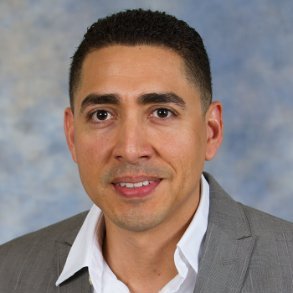“Success is not final; failure is not fatal: It is the courage to continue that counts.”
— Winston S. Churchill
Failure is a fact of life—especially in business. Not every great idea is
destined for commercial success, and a dedicated effort doesn’t always end
with the desired result. As frustrating as it may be to fail, it is perfectly
normal. However, modern managers fear failure so much that their instinct
is to punish or reprimand their team, rather than praising the effort and
going back to the drawing board. This approach is harmful—more so than
the failure itself. In fact, there are specific downsides to creating a workplace
culture that can’t work with failure.
You Miss an Opportunity to Learn
There is always a teachable moment in any mistake or malfunction. Without laying blame or feeling upset, take the opportunity to look back at how the initiative unfolded, noting what could be done differently, what happened unexpectedly, and what policies need to be updated. If you take the time to learn from failure, the effort will always redirect you towards success. You will not only have gained a valuable experience, but you will be better prepared in the future to avoid the same mistakes.
Your Team Will Be Afraid to Try Again
A failed initiative doesn’t mean that it’s failed forever. In fact, many projects
that don’t work out the first time around can be rectified and redeemed in
another attempt. This offers you a unique opportunity to analyze what went
wrong and how it can be corrected. With this new information, why not give
it another go?
Think of a failed project like a failed experiment; you simply haven’t found
the formula that works yet. You won’t find that perfect solution unless you
keep plugging away at it. However, if you are desperately afraid of failure, it
will seem easier to completely scrap your work at the first sign of something
wrong, rather then seeing it through multiple attempts. And if you don’t
keep trying, you might miss out on a truly wonderful result.
Employees Living in Fear of Failure Cannot Work to Their Full
Potential
If you create a workplace culture that punishes mistakes, your employees
will live in fear of failure. This is one of the worst things you can do as a
manager; morale will be down and confidence will be lacking. Your
employees will never take risks, use their creativity, or be innovative
because they won’t be comfortable in their position. As a result, you
company will keep doing the same old things, with the same results. Holding
your employees back inhibits their personal growth, and that affects your
business.
Failure isn’t comfortable for anyone; however, you can embrace the
experience and use it to your advantage. If you’ve taken calculated risks on
a project, failure isn’t the end, and it certainly isn’t forever. If you empower
your employees to really commit to their work, there will be growth,
regardless of the outcome. And that is a sure sign of success.













